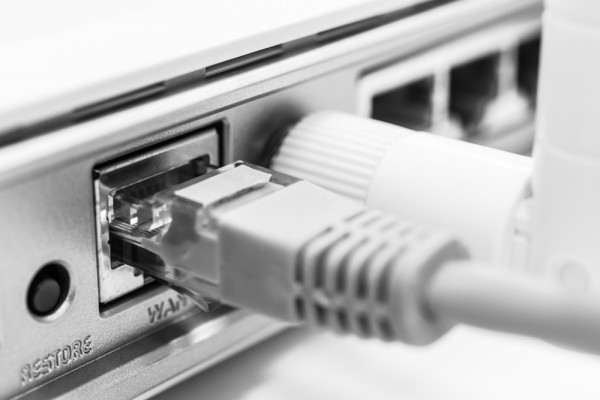Millions of home routers expose ISPs to DDoS attacks
DNS software specialist Nominum has revealed that DNS-based DDoS amplification attacks have significantly increased in the recent months, targeting vulnerable home routers worldwide.
The research reveals that more than 24 million home routers have open DNS proxies which potentially expose ISPs to DNS-based DDoS attacks.
In February of this year more than 5 million of these routers were used to generate attack traffic. DNS is the most popular protocol for launching amplification attacks and during an attack in January more than 70 percent of total DNS traffic on one provider’s network was associated with amplification.
The attraction for the attacker is that DNS amplification requires little skill or effort but can cause major damage. Using home routers helps mask the attack target making it harder for ISPs to trace the ultimate recipient of the waves of amplified traffic. The amount of amplified traffic can amount to trillions of bytes every day, disrupting networks, websites and individuals and leading to additional costs.
"Existing in-place DDoS defenses do not work against today’s amplification attacks, which can be launched by any criminal who wants to achieve maximum damage with minimum effort," says Sanjay Kapoor, CMO and SVP of Strategy at Nominum. "Even if ISPs employ best practices to protect their networks, they can still become victims, thanks to the inherent vulnerability in open DNS proxies".
To address the gap in defenses Nominum has launched its Vantio ThreatAvert product to enable ISPs to neutralize attack traffic.
Kapoor says, "ISPs today need more effective protections built-in to DNS servers. Modern DNS servers can precisely target attack traffic without impacting any legitimate DNS traffic. ThreatAvert combined with 'best in class' GIX portfolio overcomes gaps in DDoS defenses, enabling ISPs to constantly adapt as attackers change their exploits, and precision policies surgically remove malicious traffic".
More information about amplification attacks and Nominum's solution can be found on the company's website.
Image Credit: Georgii Shipin / Shutterstock

